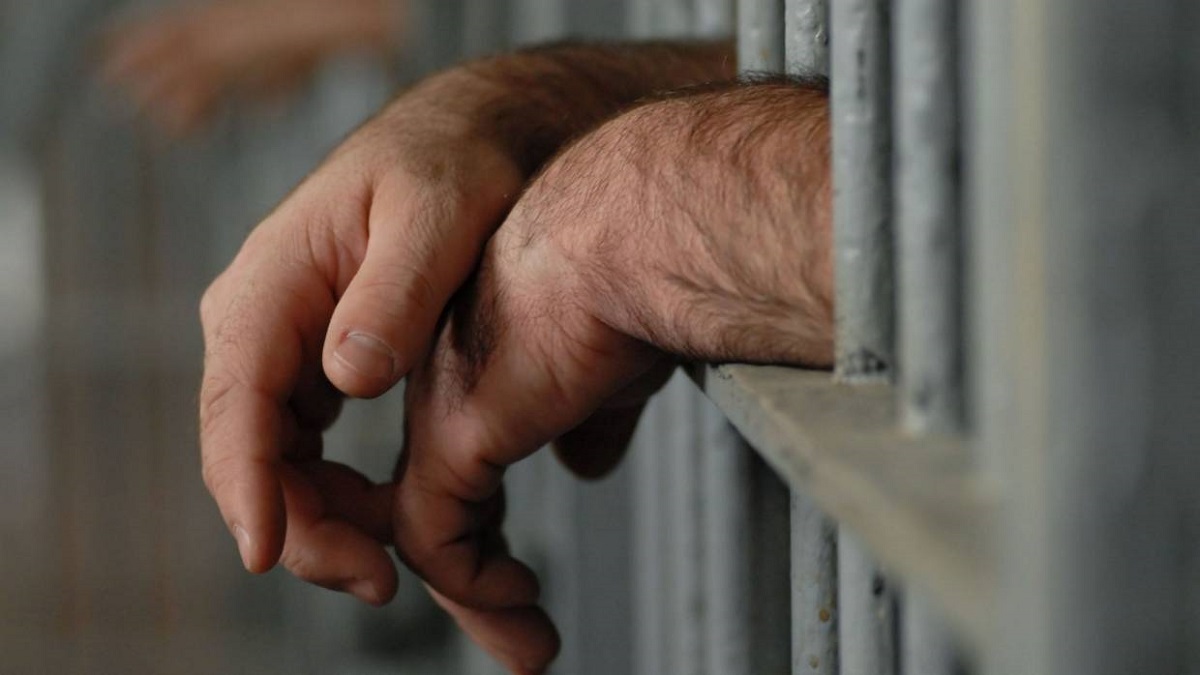While the Punjab government revisits its plans to construct model prisons, its unfulfilled commitment to establish rehabilitation schools within existing detention centers for juvenile offenders appears to have slipped through the cracks.
The province currently houses two juvenile detention centers, one in Faisalabad and the other in Bahawalpur. These facilities are designed to provide tailored counseling to help incarcerated young individuals deter from a life of crime upon release.
However, the situation turned grave when the Borstal Institution and Juvenile Jail Faisalabad was decommissioned last year after structural complications. This has left the Borstal Institution and Juvenile Jail Bahawalpur as the only functioning prison for underage law-breakers in the province.
As a result, addressing the rising juvenile offender population in the province has become a critical challenge. These young inmates urgently require educational and skill-development opportunities while serving their sentence to facilitate their reintegration into society.
Fazl-ur-Rehman, Special Secretary for the Home Department of Punjab, acknowledged the severity of the situation, stating, “We have petitioned the government to reopen rehabilitation schools within prisons.” When questioned about the track record of such pleas being ignored, he mentioned plans for new schools in Sahiwal and Bahawalpur to aid in the rehabilitation of juvenile offenders. However, he remained vague about a specific timeline for completion, stating merely that it would be “soon.”
The timeline remains dubious, given that, according to The Express Tribune’s obtained documents, over 600 children currently inhabit the 43 prisons across Punjab, with 510 awaiting trial and 119 convicted.
Read More: Punjab Government Plans Independent Measures as Consensus Fails on Search of Imran Khan’s Residence
With only one active juvenile prison and a notable lack of prison schools, young accused and convicted offenders are left in the company of adult criminals, jeopardizing their chances of leading crime-free lives post-incarceration.
Dr. Shehzad Hussain Tahir, a city-based psychologist, warned, “Unless these juvenile offenders receive appropriate counseling, their chances of reverting to criminal behavior post-release are high.”
He stressed that the government’s unfulfilled promises of reopening or constructing new prison schools could have long-lasting detrimental effects on the personal development of these young individuals.
Syeda Farah Hashmi, an advocate for the rights of juvenile offenders, echoed Dr. Tahir’s concerns, urging the government to promptly re-establish these correctional facilities.
When questioned about the urgency of the matter, Mian Farooq Nazir, Inspector-General Prisons, affirmed the gravity of the situation and laid the responsibility on the government, stating, “The provincial government needs to reestablish prison schools, akin to the previously existing ones, to assist the incarcerated juvenile population.”



























